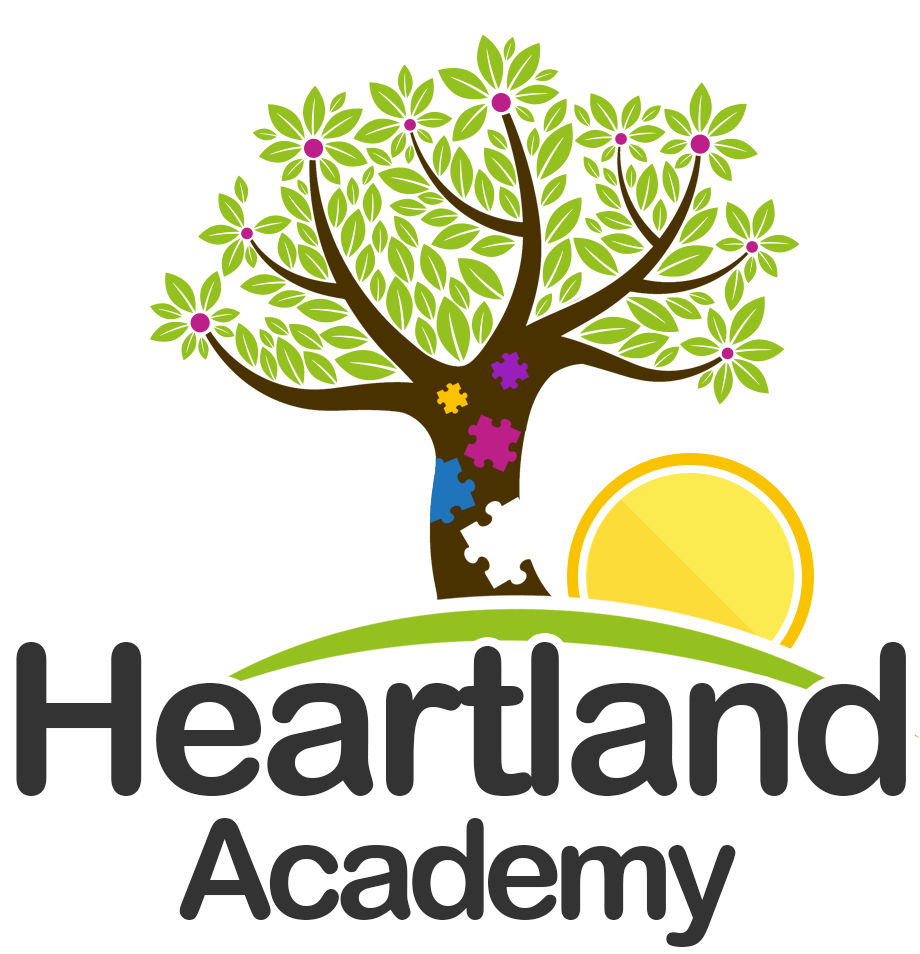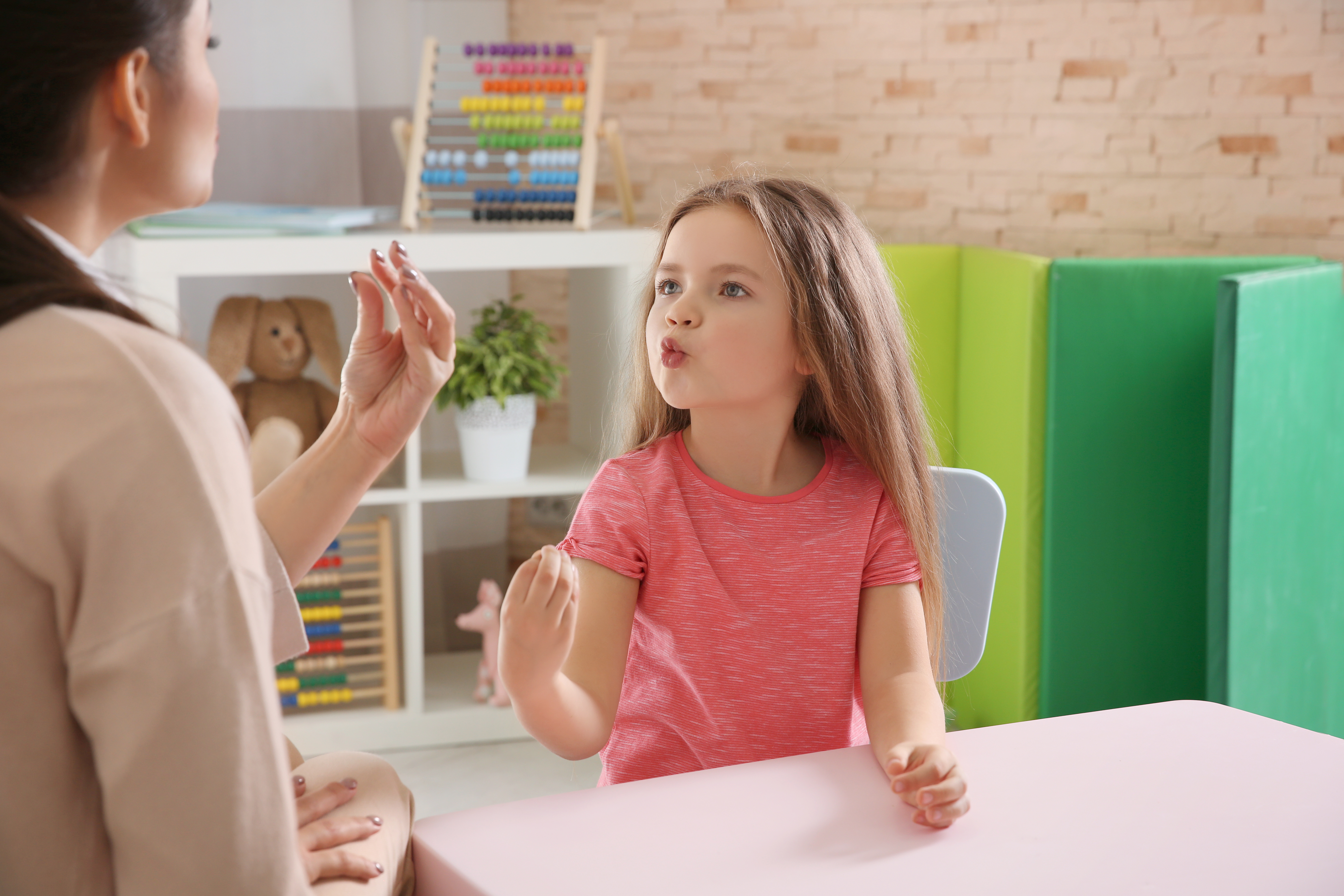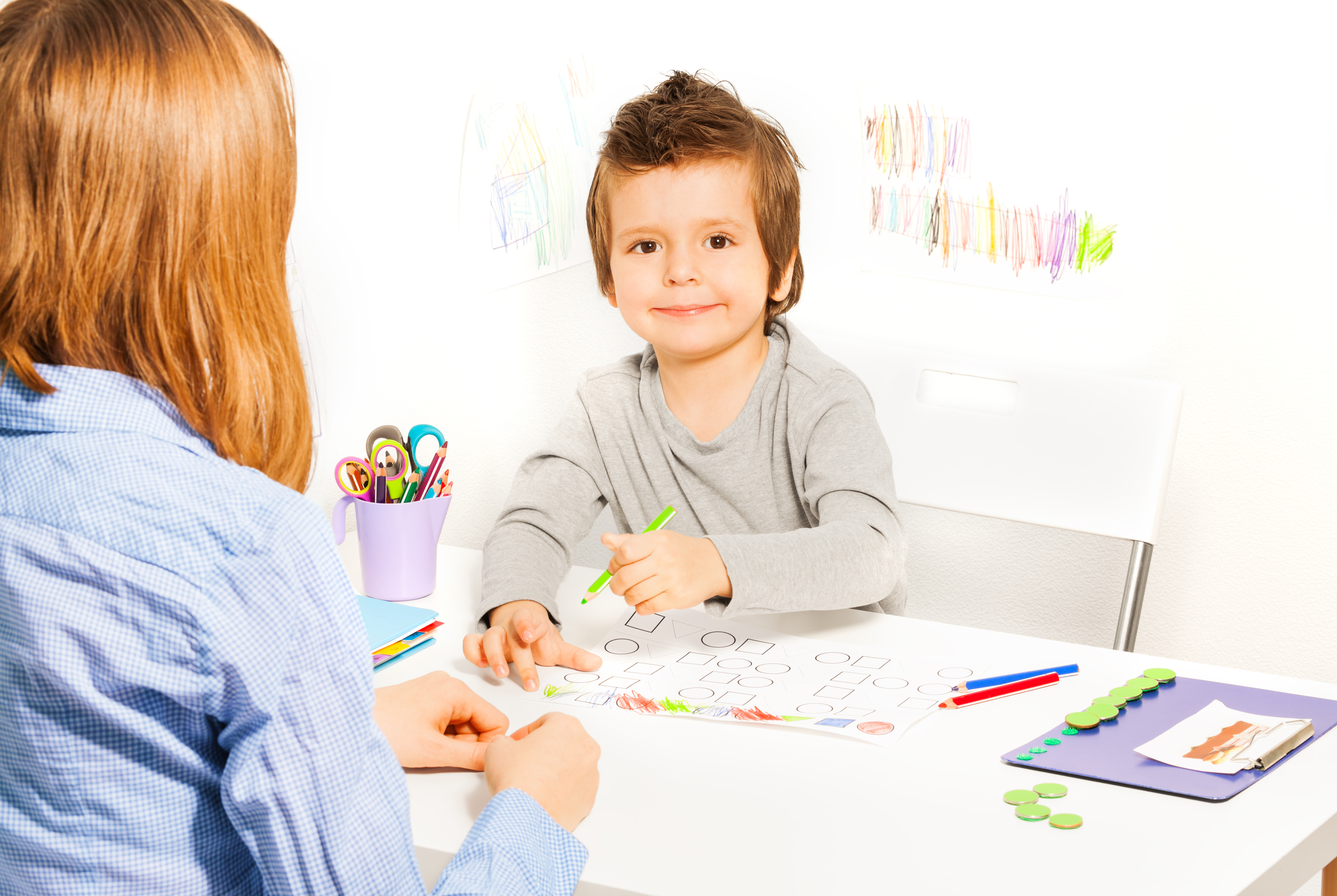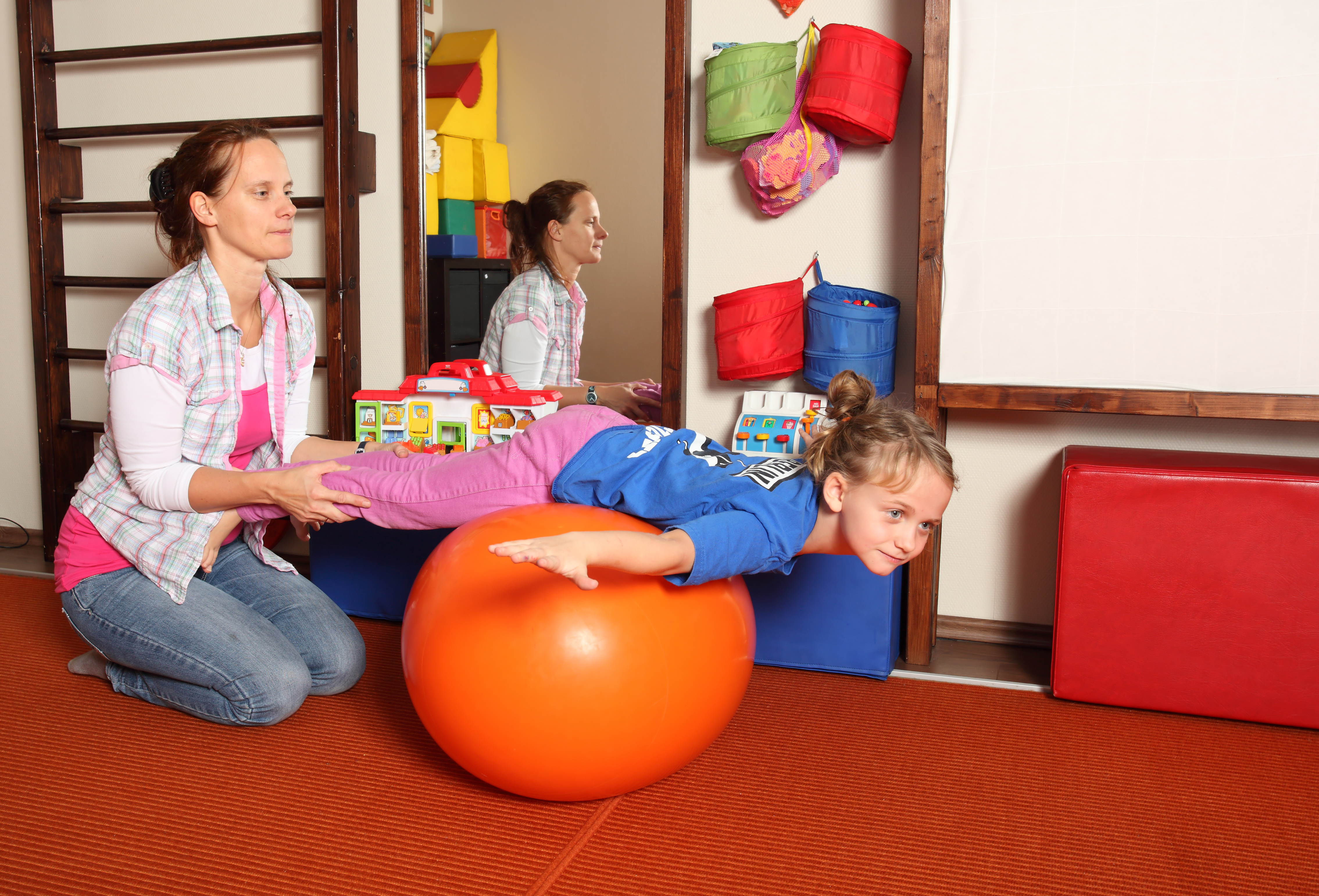Specialized Therapy
Providing a new way of delivering Scientifically Research-Based therapies
All therapies will be integrated within a comprehensive intervention plan developed by our intervention specialists, therapists and child’s family. Our aim is to provide all of the child’s therapies seamlessly throughout their daily program.
Speech Therapy
Speech, language and communication is the foundation of an intervention plan. Our speech therapists combine the use of standardized assessment tools and clinical observation in order to determine the strengths and weaknesses of your child. With solid information at hand, they can then proceed to develop an individually customized intervention plan with concrete goals.
Occupational Therapy
Sensory Integration
We provide handwriting and fine motor skill development, sensory integration therapy, environmental enrichment therapy and gross motor skills in our sensory integration therapy services. We develop an individualized therapy plan to help alleviate Dysfunction in Sensory Integration. Sensory integration is the ability to receive information from our senses, process it and prepare our body to act in the environment.
Physical Therapy
Our physical therapy targets a variety of developmental, neuromuscular, orthopedic, congenital and acquired disorders. Treatment is aimed at improving independent mobility, strength, flexibility, balance, coordination, endurance, gross and fine motor skills, cognition and motor planning. Benefits of our therapy treatment include normalizing muscle tone, increasing the range of movement and improving muscle strength as well as balance and coordination. Physical therapy treatment improves quality of life by enabling the child to reach developmental milestones (e.g. rolling, crawling and walking) and maximizing their potential with daily tasks.
Project Based Learning
Each classroom will work on a project – lasting days, weeks, months, or even an entire semester – and each student will have tasks that incorporate both academic and non-academic (flexible thinking, problem-solving, social skills, etc.) Project-based learning methods “engage students in creating, questioning, and revising knowledge, while developing their skills in critical thinking, collaboration, communication, reasoning, synthesis, and resilience.




